The 20th Ordinary Summit of Heads of State of the East African Community was held in Arusha on Friday 30 November 2018. Bujumbura had asked for its postponement to “better prepare for it”.
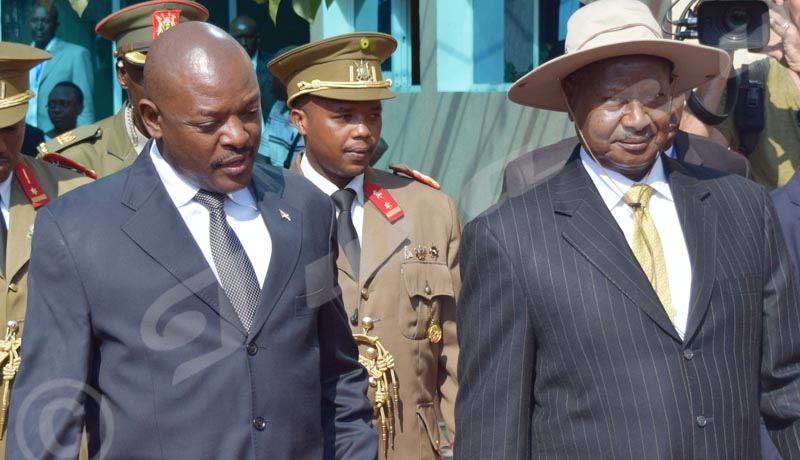 On Saturday, 24 November 2018, President Pierre Nkurunziza wrote a letter to Yoweri Museveni, Chairman of the East African Community -EAC, stating that his country was not ready for the summit. In this correspondence, he indicated that he had asked for a postponement of the Council of Ministers, the meeting preceding that of the Heads of State of the EAC, for two-weeks. The Burundian president explained his request by the fact that the letter inviting him to attend the summit reached his office very late. In accordance with the rules of procedure, he said that a State must be notified four weeks beforehand.
On Saturday, 24 November 2018, President Pierre Nkurunziza wrote a letter to Yoweri Museveni, Chairman of the East African Community -EAC, stating that his country was not ready for the summit. In this correspondence, he indicated that he had asked for a postponement of the Council of Ministers, the meeting preceding that of the Heads of State of the EAC, for two-weeks. The Burundian president explained his request by the fact that the letter inviting him to attend the summit reached his office very late. In accordance with the rules of procedure, he said that a State must be notified four weeks beforehand.
The next day, on Sunday 25 November 2018, the Chairman-in-Office of the East African Community was quick to respond. The Ugandan president clarified his position. He did not agree to the postponement of the summit arguing that doing so would not be in the interest of the community. “The summit will look at serious issues on the agenda that have not been solved for so long. Some issues on the agenda need to be cleared without delay.” He refuted Bujumbura’s allegations that it had not been notified in time.
A decision not new at all
The Council of Ministers of the EAC approved the calendar of activities for the period from June to December 2018. And in these activities, the ordinary summit of Heads of State was included. This was communicated to all Heads of State of the organization. An evidence that the Burundian authorities were well aware of that, says the Ugandan president.
In addition, he raised the financial losses that this postponement could generate “The secretariat has already made contracts with service providers and their cancellation could have serious legal and financial consequences that could be avoided “.
At the same time, Mr Museveni said that the decision to not postpone the summit was not new at all. On 22November, he received special envoys of President Nkurunziza. The delegation was composed of the Minister of Foreign Affairs Ezéchiel Nibigira and the secretary general of the ruling party, Evariste Ndayishimiye.
He made it clear to them that the Summit was indeed to be held on 30 November in ARUSHA. On the same day, Tanzanian President John Magufuli confirmed his participation to his Ugandan counterpart.
On Monday, 26 November 2018, it was the turn of the secretary of the EAC, Libérat Mpfumukeko. In a letter to the President of the Council of Ministers of the EAC, he said he was concerned with Burundi’s request to postpone the meeting of the Council of Ministers.
Mr. Mpfumukeko called for compliance with the rules and regulations governing the EAC. Otherwise, he is concerned that the non-compliance with them would affect the decisions of the summit.
Reactions
Phenias Nigaba: “A decisive summit for the Burundian crisis.”
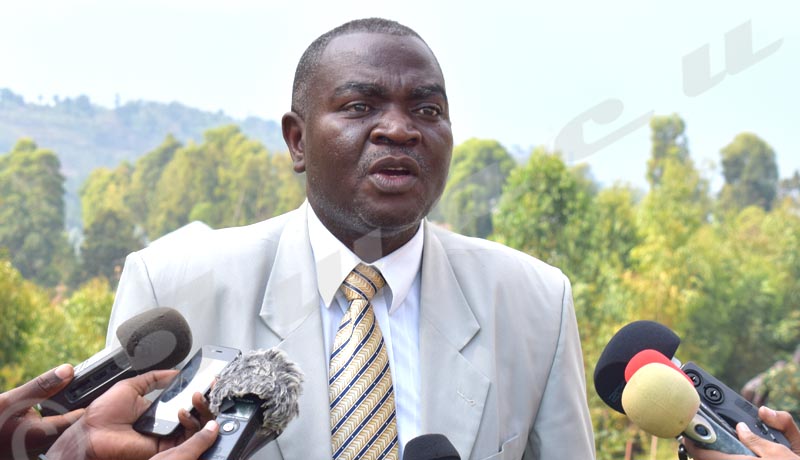 FRODEBU party spokesman believes that this summit can be decisive on the issue of the Burundian crisis. “If the Ugandan president has refused to postpone it, it is important. In addition, the UN Secretary General is awaiting the conclusions that will be reached in relation to the Burundian crisis. “For Mr. Nigaba, this Summit must convince Burundi government to take part in the dialogue. This will prepare another round of dialogue more serious than the previous one that has drawn the blank. “It would be a humiliation if the presidents of the East African Community failed to resolve the Burundian issue while the rest of the international community has placed their hope on them.”
FRODEBU party spokesman believes that this summit can be decisive on the issue of the Burundian crisis. “If the Ugandan president has refused to postpone it, it is important. In addition, the UN Secretary General is awaiting the conclusions that will be reached in relation to the Burundian crisis. “For Mr. Nigaba, this Summit must convince Burundi government to take part in the dialogue. This will prepare another round of dialogue more serious than the previous one that has drawn the blank. “It would be a humiliation if the presidents of the East African Community failed to resolve the Burundian issue while the rest of the international community has placed their hope on them.”
Tatien Sibomana: “This summit promised to help find solutions. “
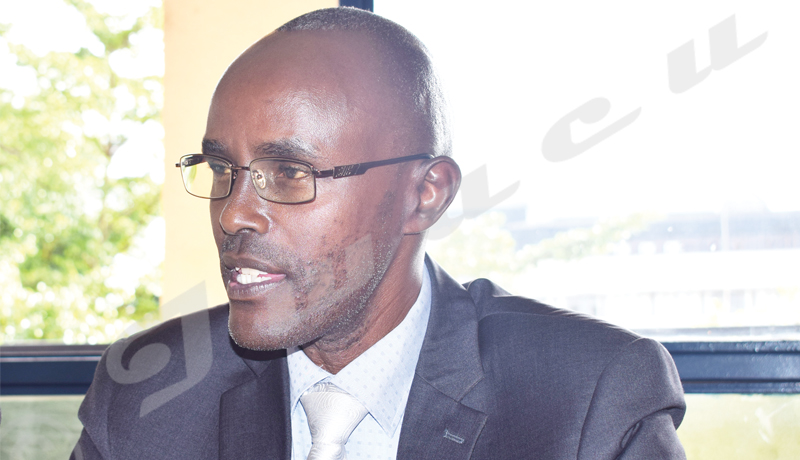 “We expect this summit to take steps in the direction of forcing the government of Bujumbura to join those who seek the way out of the crisis,” said Tatien Sibomana, a political actor. He indicates that the Community is committed to ending the Burundian crisis: “This summit promised the UN, the African Union and the Burundian people to help find solutions to the crisis”.
“We expect this summit to take steps in the direction of forcing the government of Bujumbura to join those who seek the way out of the crisis,” said Tatien Sibomana, a political actor. He indicates that the Community is committed to ending the Burundian crisis: “This summit promised the UN, the African Union and the Burundian people to help find solutions to the crisis”.
Tatien Sibomana hopes that the Heads of state of the EAC will comment on the dialogue they have entrusted to Facilitator Benjamin Mkapa. “It went up in smoke due to the bad will of Bujumbura which did not want to move towards a durable solution”. Otherwise, this political opponent finds that the summit will have “proclaimed” its inability to help the Burundians get out of the crisis.
Kefa Nibizi: “It’s an ordinary summit”
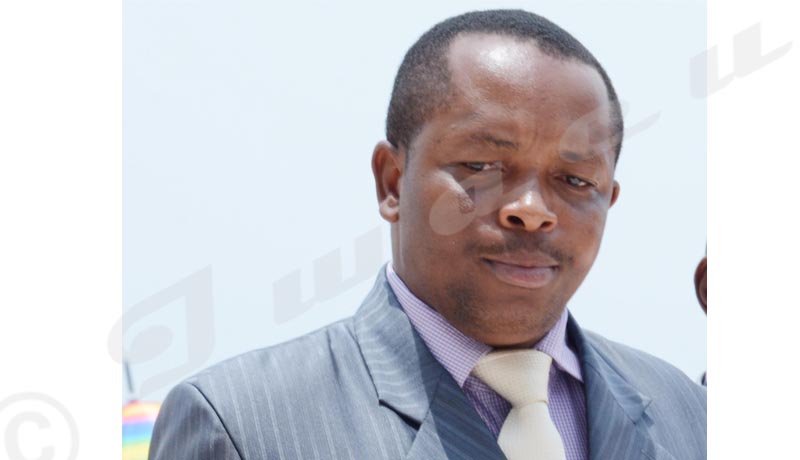 For the president of Sahwanya FRODEBU Nyakuri party, there is no crisis in Burundi. “Given the political and security situation prevailing in our country, we think they will decide to conclude the dialogue with the last session”. It could last between one and two days and would end with a statement. Mr Nibizi explains that the problems dating from 2015 are no longer relevant. For the moment, Burundians are preparing for the 2020 elections. Moreover, he thinks it is an ordinary summit.
For the president of Sahwanya FRODEBU Nyakuri party, there is no crisis in Burundi. “Given the political and security situation prevailing in our country, we think they will decide to conclude the dialogue with the last session”. It could last between one and two days and would end with a statement. Mr Nibizi explains that the problems dating from 2015 are no longer relevant. For the moment, Burundians are preparing for the 2020 elections. Moreover, he thinks it is an ordinary summit.
Abel Gashatsi: “We do not expect much from the summit.”
The president of UPRONA party does not mince his words: “We 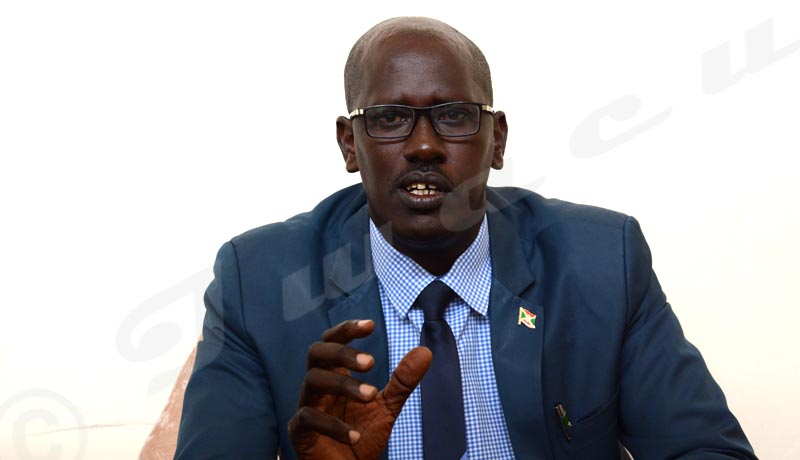 do not expect much from that summit given that the request for the postponement of the Summit by our country has not been accepted.” As for the question of knowing if this request is not a way of Bujumbura not to participate in the summit, he says that he cannot speak on behalf of the government. However, Mr. Gashatsi believes that this request is proof that the government was willing to participate, but after it has prepared properly.
do not expect much from that summit given that the request for the postponement of the Summit by our country has not been accepted.” As for the question of knowing if this request is not a way of Bujumbura not to participate in the summit, he says that he cannot speak on behalf of the government. However, Mr. Gashatsi believes that this request is proof that the government was willing to participate, but after it has prepared properly.
Analysis by Arnaud Igor Giriteka
Is the refusal of the summit’s postponement a signal?
With this request for postponement, Bujumbura once again shows that it wants that only its agenda be followed. However, “Mzee M7” seems to want to block this strategy. Why did the government care about this postponement? Is it related to the report of the mediator to be presented? It’s hard to know. However, one thing is sure. Even at the height of the crisis, the government never made this request. Admittedly, since the abortive coup in 2015, the President of the Republic has not participated in any Summit. But he was still represented by one of his deputies. This gives the impression that something would have changed for Bujumbura. However, the postponement strategy seems cleverly orchestrated.
Indeed, it is not for nothing that the EAC secretary made a wink on the respect for the regulations governing the organization. The East African community is an institution that operates by consensus. The quorum for the meetings is the presence of all the Member States. This means that only one member can paralyze the functioning of the organization. If Burundi boycotts the Summit, it has the right to challenge the decisions that result from it.
The ball would then be in the Ugandan president’s court. Who, by the way, asserted that the EAC rules of procedure should not take the organization hostage.
Written by Arnaud Igor Giriteka and translated
Pierre Emmanuel Ngendakumana

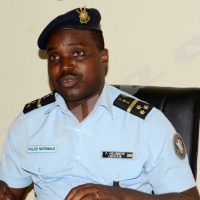
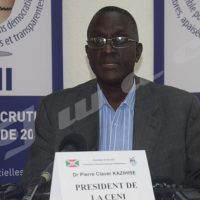
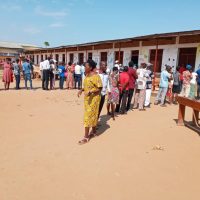

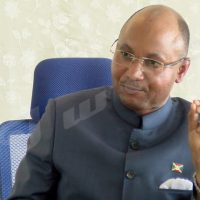













 IWACU Open Data
IWACU Open Data

